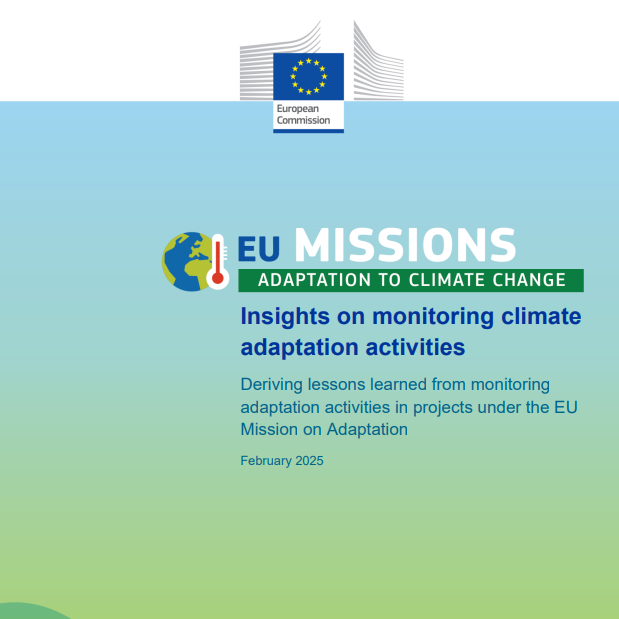
Under the EU Mission on Adaptation to Climate Change and under the Working Group on Monitoring and Evaluationof the Mission Implementation Platform for Adaptation to Climate Change (MIP4Adapt), four Euoprean projects ARSINOE_EU, IMPETUS, TransformAR, and NATALIE have joined forces and have co-authored a concise “Challenges & Lessons Learned” report to guide future monitoring and evaluation (M&E) of climate resilience initiatives across Europe.
Methodological Approach
Each project mapped its indicators against global frameworks (Paris, Sendai, SDGs) and tested mixed methods, quantitative baselines, proxy metrics, structured interviews and living labs,to capture both ecosystem outcomes and socio-economic impacts.
Key Challenges Identified
-
Localizing Global Frameworks: Translating high-level indicators into region-specific, NBS-relevant metrics without losing comparability.
-
Bridging Data Gaps: Ensuring timely access to environmental and socio-economic baseline data; designing proxies where hard data are missing.
-
Interdisciplinary Coordination: Aligning modelling, ecology, health and governance teams around shared definitions and co-designed indicators.
-
Sustained Stakeholder Engagement: Keeping government, academia, industry and civil society actively involved throughout M&E cycles.
Lessons Learned & Best Practices
-
Co-develop indicators with end-users to boost ownership and relevance.
-
Conduct early data-gap analyses and build flexible proxy approaches.
-
Establish cross-sector “Transformation Labs” for iterative co-design of M&E tools.
-
Embed participatory governance from day one to surface hidden risks and maintain momentum.
Looking Ahead
By distilling shared challenges and practical lessons, the MIP4Adapt “Challenges & Lessons Learned” report offers a clear roadmap for all Mission projects, and beyond, on designing robust, adaptive M&E systems that underpin truly transformational climate action.
👉 Download the full report.